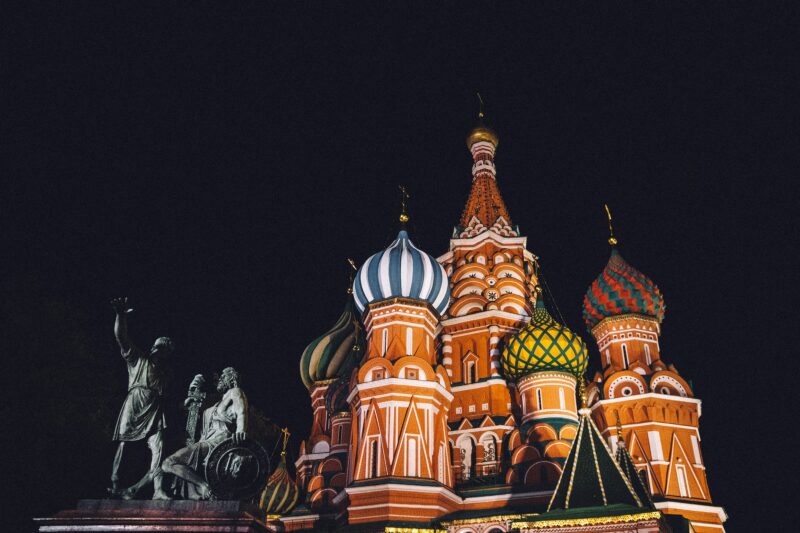
RUSSIAN
RUSSIAN
RUSSIAN COURSES
Course offerings include: Russian I (RUSS–1411), Russian II (RUSS–1412), Russian III (RUSS–2311), and Russian IV (RUSS–2312).
To be eligible to enroll in a language class beyond RUSS–1411, must meet that course’s prerequisite . Up to date course information can be found through ACC’s Online Course Schedule. Additional information on degree plans, credit by examination, and more can be found through our website’s Academic page.
RUSSIAN RESOURCES
Online Russian Learning resources and other valuable study tools are available through the links page. Additional tools for your academic success, such as study guides and library info, can be found on the Resources page.
IMPORTANT INFORMATION
The Russian classes at ACC include a substantial cultural component in addition to a focus on reading, writing, and oral facility. These courses require a significant amount of study time outside of class. Please contact our departmental office to learn more about our Russian classes.
WHY STUDY RUSSIAN?
Russia is the country of vast landscapes and never ending ancient forests dotted with lakes and villages. Russian is also a country of massive and vibrant urban industrial centers that are modern and ever-changing…
From ancient times to the present day, Russian culture and boundaries continue to change and reshape themselves. As with many cultures, the Russian language itself has played a central role in unifying the culture and landscape of Russia.
At 6,592,812 square miles, Russia is the largest country in the world. It spans 11 time zones, and boasts the world’s ninth-largest population. With over 160 million native speakers and another 120 million who’ve adopted it as a second tongue, Russian is estimated to easily be within the top ten most widely spoken languages in the world. Outside of Russia—also known as the Russian Federation—Russian is spoken in Armenia, Azerbaijan, Belarus, Bulgaria, Canada, China, Czech Republic, Estonia, Finland, Georgia, Germany, Greece, India, Israel, Kazakhstan, Kyrgyzstan, Latvia, Lithuania and Moldova.
Russian is an Indo–European language that originates from the branch of Eastern Slavic languages that spread into Eastern Europe after the 7th Century BC. One of the characteristic attributes of the Russian language is its use of its own writing system, the Cyrillic alphabet, which differs from the Latin alphabet utilized by Western Indo–European languages.
The earliest known sample of Russian writing in an early version of the Cyrillic alphabet dates from the 11th century BC. Peter the Great (1672-1725) introduced a revised alphabet during his reign and encouraged authors to write in literary style more akin to their dialect. Russian poetry and prose came into flower during the 19th century with writers such as Tolstoy, Dostoyevsky, Gogol and Pushkin. During the Soviet era knowledge of the Russian language was wide spread though the subjects authors could write about were restricted. Today, over a quarter of the world’s scientific literature is published in Russian.
In ancient times the Finn tribes, Tatars, and Slavs all made their way through Russia, and this mix of many different cultures and traditions has defined the unique Russian character and culture. In more recent times, the 20th century was a time of tremendous political and social upheaval and transition for the Russian people. For Westerners of today, Russia still remains something of an enigma.